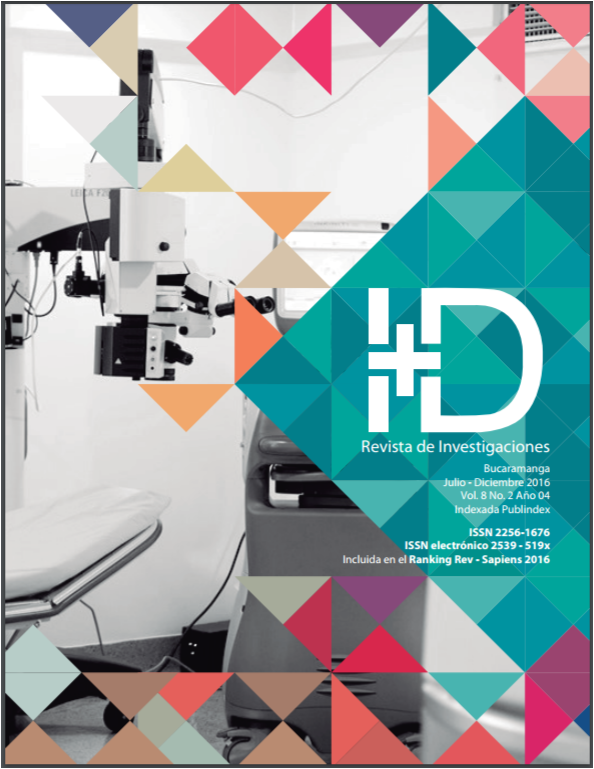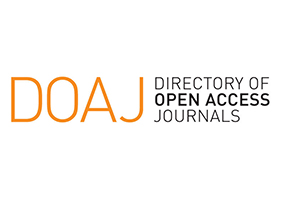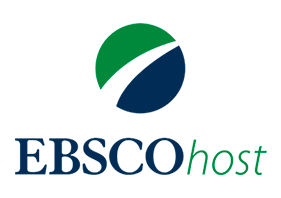Internet as a tool for transforming family relationships between older adults and family migrants
DOI:
https://doi.org/10.33304/revinv.v08n2-2016001Keywords:
Migration, Internet, Old Age, Use and Appropiation Media, Familiar RelationshipAbstract
In a globalized society and increasingly directed to technological advances, creating new instruments capable of transforming the way we communicate, has managed to involve or restrict various aspects and characters, it is for this reason that this qualitative study, study uses and appropriations that have the elderly of the municipality of Montenegro, Colombia, regarding the Internet as a tool capable of maintaining and transform family relationships between them and their relatives who are abroad. This research allows us to analyze the new meanings given to the Internet at the family level, specifically for the Elderly, since when the migration occurs communicative needs are transcendental. This article also describes the changing family roles by migration, identifies the rituals that are assumed regarding the use of the device (computer) and therefore of the Internet and the sense that it gives the elderly to communicate with their migrant family. The methodology used is qualitative, hermeneutical historical approach and based on the use of structured interviews open and participant observations, which allow researchers to delve into the reality of research subjects, allowing the participation.Downloads
References
Álvarez, S. A. (2000). Jóvenes de corazón: la utilidad de la vejez. Barcelona, España: Ediciones Martínez Roca.
Crovi, D. D. (2007). Dimensión social del acceso, uso y apropiación de las tecnologías de la información y la comunicación. Lima: Contra texto digital, Año 5, ISSN: 19934904.
Dabas, E. & Najmanovich, D. (1995). Redes, el lenguaje de los vínculos, Ciudadanos de la cibercultura. Buenos Aires: Paidós.
Finol, J. E. (2006). Rito, espacio y poder en la vida cotidiana. Designis.
Jull, J. (1980). Los usos sociales de la comunicación. En Human Comunicación Research 6 (Ed.) y Avendaño, C. (Trad.) . Santiago, Chile: Universidad Diego Portales.
Luhmann, N. (1984). Sistemas sociales, lineamientos para una teoría general. Barcelona: Antrophos.
McLuhan, M. (1996). Comprender los medios de comunicación, las extensiones del ser humano. Barcelona: Paidós Ibérica.
Organización Internacional para las Migraciones. (2006). Glosario sobre migración, derecho internacional sobre migración. (7). Recuperado de http://publications.iom.int/system/files/pdf/iml_7_sp.pdf












